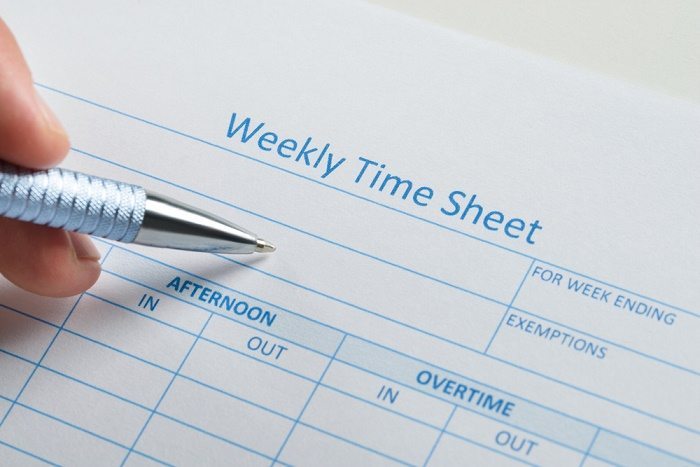Los Angeles City Council OKs $15 Minimum Wage
Los Angeles, the country’s second most populated city, will see its minimum wage increase to $15 by 2020 after the city council voted Tuesday for the wage hike, marking a major win for labor groups and working people who have seen the cost of living rocket past their hourly pay.

Los Angeles, the country’s second most populated city, will see its minimum wage increase to $15 by 2020 after the city council voted Tuesday for the wage hike, marking a major win for labor groups and working people who have seen the cost of living rocket past their hourly pay.
The city council will increase the city’s wages to $10.50 an hour by July 2016, followed by planned increases, according to the Los Angeles Times. The city council in 2014 approved a wage increase of more than $15 an hour for some 10,000 of the city’s hotel workers.
The citywide increase approved in a 14-1 vote on Tuesday will affect more than 700,000 workers in Los Angeles, according to some estimates. Los Angeles is the biggest city to raise its minimum wage above state levels.
“Today, help is on the way for the one million Angelenos who live in poverty,” said Los Angeles Mayor Eric Garcetti, who last year announced his own proposal to raise the city’s hourly minimum to $13.25 by 2017. This year, Garcetti threw his support behind the city council’s $15-an-hour plan.
Once the city’s minimum wage reaches $15 per hour in 2020, it will be roughly equivalent to $9.75 for the average American worker today, according to projections published by FiveThirtyEight. The cost of living for working people in LA is about 40 percent higher than in the average U.S. community, per FiveThirtyEight estimates.
The Los Angeles County Federation of Labor last January bought a series of billboards reading “Los Angeles: City Limited, Poverty Wage Pop. 810,864,” in conjunction with a report that found that the average pay for the city’s full-time, low-wage workers is $9.55 an hour, or about $19,000 a year.
One study by the Economic Roundtable, found that an increased wage would be exceedingly positive for the city, rebutting wage increase opponents who say a higher minimum wage will damage local economies and drive away businesses.
“We found that a phased-in increase to $15.25 by 2019 will put $5.9 billion more into the pockets of 723,000 working people, which will generate $6.4 billion in increased sales,” wrote Yvonne Yen Liu, one of the group’s researchers.
“That means that every dollar increase in the minimum wage generates $1.12 in economic stimulus,” Yen Liu wrote. “Businesses will hire more in response to the greater demand, creating 46,400 new jobs.”
Efforts to increase wages on the municipal level have gained traction across the country over the past few years, in part thanks to the Fight for $15 campaign, which seeks to draw attention to the low wages of fast-food workers.
In June 2014, Seattle became the first major city to pass a $15 minimum wage increase. Since then, a handful of cities across the country have enacted wage increases, including San Francisco, which passed a $15 hourly wage by ballot initiative in November, and Chicago, which approved an increase to $13 an hour.
New York Gov. Andrew Cuomo (D) this month announced that he plans to take executive action to push through a minimum wage increase for fast-food workers in the state, after Republican legislators opposed to a living wage cut a statewide increase from a budget proposal.
The fight for wage increases has more recently drawn in the technology world, after Facebook announced last week that it will increase the hourly wages of contractors to $15 minimum, as well as giving them 15 paid days of vacation.
Three in four adults favor a $12.50 national minimum wage, according to a survey released in January by Hart Research Associates. Ninety-two percent of those who identified as Democrats favored that higher minimum wage, while 53 percent of self-identified Republicans were proponents of the increase. Those in traditionally red states were slightly less likely to support a national minimum wage bump.
Los Angeles’ wage hike will face one more city council vote after the city attorney drafts a final plan.
